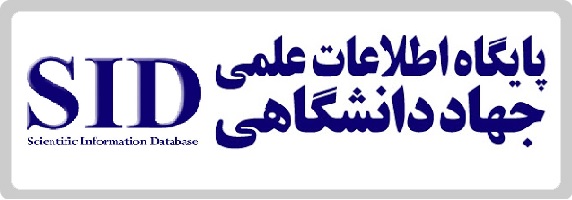A Research on and a Correction of Mullā Shamsā Gilāni's treatise "Al-Tawhidiyyah"
Keywords:
treatise "Al-Tawhidiyyah", Mullā Shamsā Gilāni, argument of Tamānu, monotheism of inherent, monotheism of lordshipAbstract
The argument of Tamanu is one of the important theological arguments for proving the oneness of God and denying the multiplicity of God. There is no common view about this argument and how to obtain it from the verse "Had there been gods in heaven or earth other than Allāh, both would indeed have been ruined". Theologians and philosophers have different views on how to explain the connection between "polytheism" and "corruption" in this verse and also how this argument implies inherent or lordship monotheism. Mullāh Shamsā Gilāni in his treatise "Al-Tawhidiyyah" considers the argument used in the above verse to refer to the inherent monotheism of the obligatory transcendent and believes that the multiplicity of the necessary being in essence requires "corruption" meaning "non-realization of possibilities". For the first time, this correction is based on eight manuscripts available in Iran's libraries.





